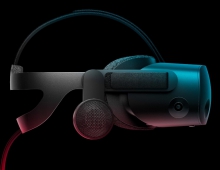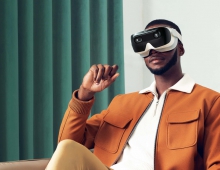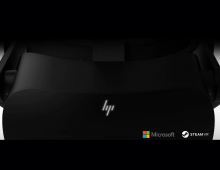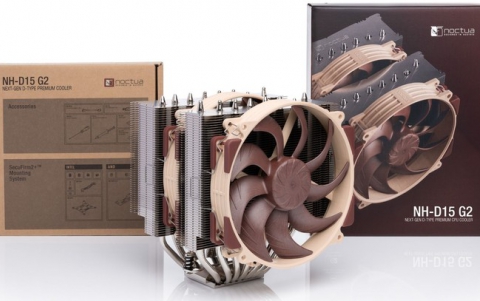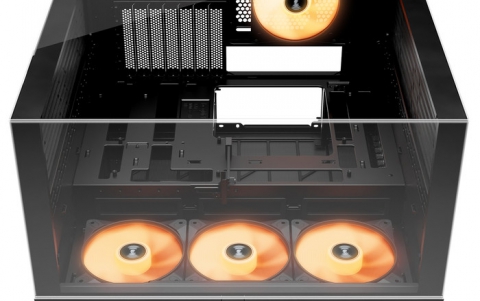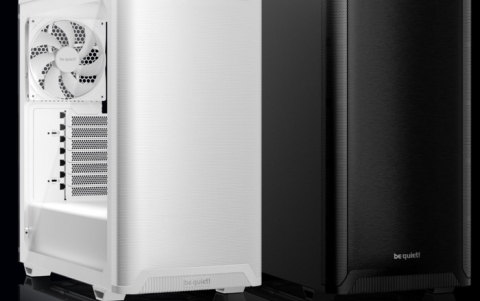
Should VR Be Promoted As A Premium Product?
Virtual Reality products could be considered as dead on arrival, considering their high price and the fact that the experience they provide is still not what they were supposed to. Facebook’s CEO and founder Mark Zuckerberg was recently asked during Facebook Q4 2015 earnings call whether he was happy with Rift pre-orders, and what the upstream shipment level looked like. He said, "Yes, I am happy. I don’t show much joy, but I’m happy. Sorry [laughing]. It’s going to be gaming for the beginning. I mean, that’s the initial market." The CFO said, "… It’s not going to be material to our financials this year."
VR stuff (Rift, Samsung license, touch controllers, etc.) would have to bring Facebook at least $500 million a quarter, and it’s pretty obvious that isn’t going to happen for a long time, if ever.
Assuming the average sale of Rift with controllers is $700, the company would have to sell 29 million HMDs a year, or less, depending how much revenue the Samsung license brings in, so let’s say 20 million. Looking at it another way, if the profit on a Rift system was 15%, the company would have to sell $13.3 trillion worth of them to pay back the $2 billion Facebook paid for Oculus.
During Facebook’s Q3 2015 earnings call, Zuckerberg set expectations for first-year Rift shipments in the "hundreds of thousands of units," comparing the development of the VR industry to that of the early smartphone market.
Oculus’s new HMD is way too expensive. According to Jon Peddie Research, it’s been speculated that the first 10,000 pre-orders for the new Rift are collectors, people who will never take the unit out of its original wrapping and then will sell it on eBay in 5 or 10 years.
Jon Peddie himself says he has a plan to "save" VR. He suggests all the invested parties— Oculus, HTC, AMD, Nvidia, and a few others—re-position the dedicated display VR HMD as the Bentley of gaming. They shopuld clearly state that VR is not for all players - it's only those with discriminating taste, and sufficient discretionary income.
"By making it a limited edition product, volumes don’t have to be big, no one can criticize the developers or the industry for not hitting 100s of millions of consumers, and still they can attract enough buyers to justify the continued investment needed in working out the kinks," Dr. Jon Peddie added .
As it stands now, if you ask anyone who is really deeply involved in VR, they will tell you it’s just not ready yet - close, but not yet. Resolution is still too low, depth of field problems, latency, sensors are not fast or accurate enough, and there aren’t enough of them, eye-tracking is needed, not just two-axis head tracking, visibility of hands and feet, and of course mobility, safe mobility. It’s going to take time and R&D dollars to work all that out. But, if the press hypes it, and then trashes it and scares away potential buyers, the ROI won’t be there for companies like AMD, Intel, Nvidia, HTC, and others to invest. If that happens, then it’s over. So to prevent that from happening, the industry should make it a special, premium elite class–only product. The enthusiasts and the rich will buy it, and that will be enough to feed the R&D budgets of the suppliers.




